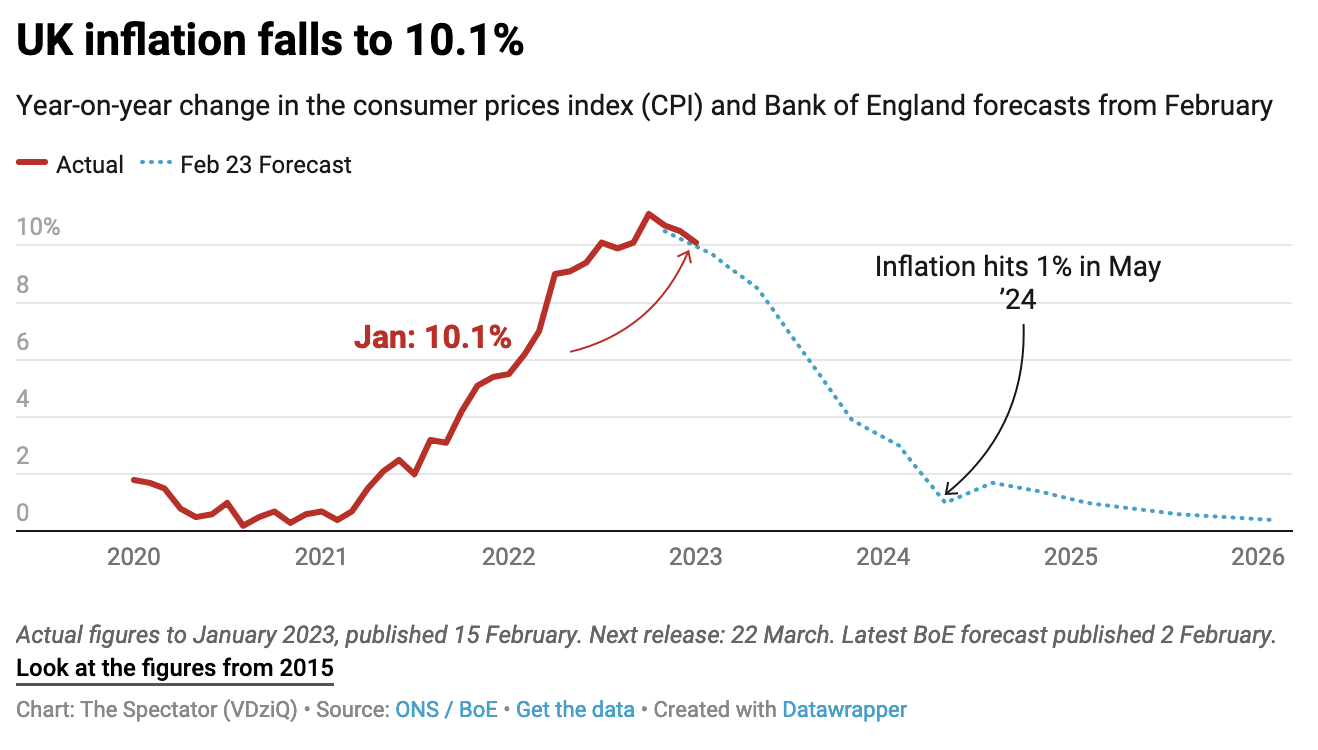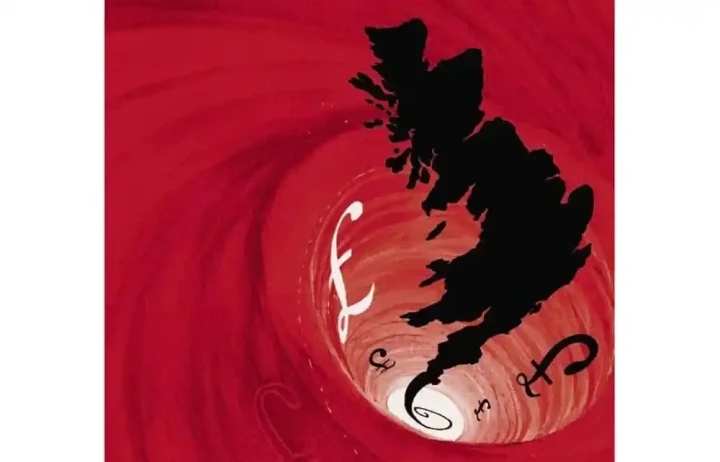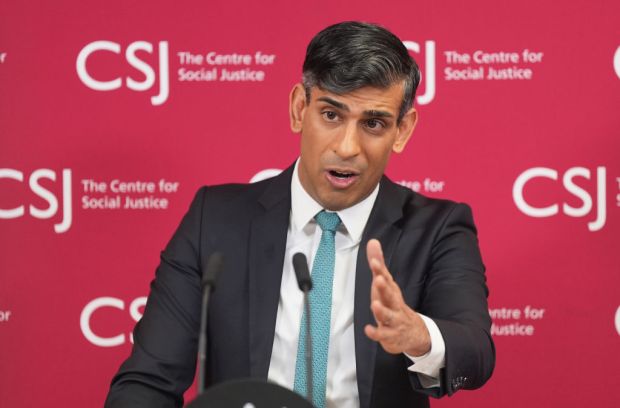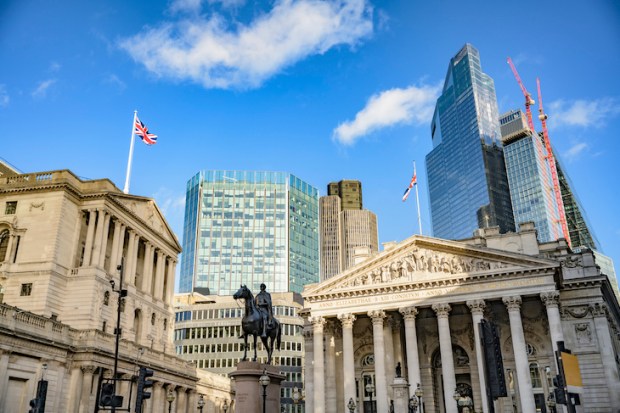We are not leading the world in deregulation, or in creating new ‘green industries’. We certainly don’t lead in tax-cutting, or innovation, or technology. Still, there is one respect in which the British economy can claim to be ahead of everyone else. Rising prices. When the world is caught up in an inflationary spiral, the UK always seems to suffer more than anyone else – and that is turning out to be just as true in the 2020s as it was in the 1970s and 1980s.

When the inflation date was released today, it did at least record a modest fall. The rate at which prices are rising dropped to 10.1 per cent for January – now a whole percentage point below its peak. That is better than nothing.
Yet inflation is now falling more significantly elsewhere. In the United States, the rate is down to 6.4 per cent, in Germany it is down to 8.7 per cent, while in France it is 6 per cent (although admittedly that figure is heavily massaged by government subsidies). At least we are doing better than Turkey, where it is 57 per cent, or Italy, where it is 11.6 per cent, but that is hardly much to celebrate. Overall, prices are rising faster here than elsewhere.
Anyone who knows British economic history won’t be surprised by that. This is a country that excels at inflation. In 1975, the rate hit a peak of 25 per cent in Britain, compared with 14 per cent in the US, and 6 per cent in Germany. In the early 1980s, it hit a peak of 18 per cent here, compared with 14 per cent in the US and 6 per cent in Germany.
There are plenty of explanations for that: the Bank of England has generally been pretty useless at controlling inflation, printing too much money, and delaying raising interest rates. The unions are still strong in the public sector, allowing them to push up wages along with prices. Many industries are uncompetitive, allowing companies to easily push up prices whenever they feel like.
We import so much and have such a huge deficit that we are acutely exposed to rising world prices. The chronic shortage of housing means that one of the largest sectors of the economy is constantly getting more and more expensive. Add it all up, and the UK clearly has a far worse challenge to bring prices under control than any other major economy.
Rishi Sunak may have casually promised to halve the rate of inflation, and his Chancellor Jeremy Hunt immediately takes credit for every fraction of a percentage point it drops. But in reality, the road to getting it down to two or three percent again will be a lot harder than anyone yet realises – and will take a lot longer than in other countries.
Got something to add? Join the discussion and comment below.
Get 10 issues for just $10
Subscribe to The Spectator Australia today for the next 10 magazine issues, plus full online access, for just $10.





















Comments
Don't miss out
Join the conversation with other Spectator Australia readers. Subscribe to leave a comment.
SUBSCRIBEAlready a subscriber? Log in